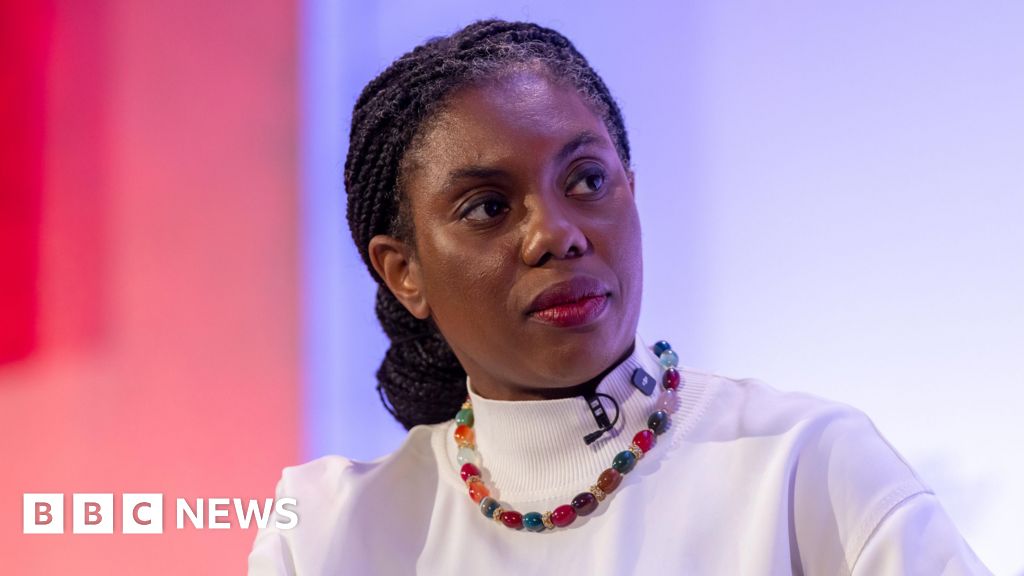T4K3.news
Kemi Badenoch states she no longer identifies as Nigerian
Badenoch shares her perspective on her Nigerian roots during a podcast interview.

Badenoch expresses detachment from her Nigerian roots while discussing her past on a podcast.
Kemi Badenoch rejects Nigerian identity
Kemi Badenoch, the leader of the UK Conservative Party, has stated that she no longer identifies as Nigerian. In a recent podcast, she explained that she has not renewed her Nigerian passport since the early 2000s. Badenoch, who was born in the UK but spent part of her childhood in Nigeria, shared that her early experiences there shaped her political views, particularly her aversion to socialism. Despite having family in Nigeria and an interest in the country, she noted that her life has primarily been in the UK. Badenoch faced criticism from Nigerian officials last year after making comments about her upbringing that some felt were derogatory. In response to these critiques, she emphasized her personal connection to Nigeria while asserting her British identity.
Key Takeaways
"I don't identify with it anymore."
Badenoch describes her detachment from her Nigerian roots.
"I'm Nigerian through ancestry, by birth, despite not being born there... but by identity, I'm not really."
Badenoch clarifies her feelings on her Nigerian identity.
"There is no future for you in this country."
Badenoch recounts her parents' reasoning for leaving Nigeria.
Badenoch's remarks highlight a complex relationship between personal identity and national affiliation. Her statements reflect broader trends among individuals of mixed heritage who navigate multiple cultural backgrounds. The criticism from Nigerian officials suggests that Badenoch's comments touched a nerve, emphasizing the sensitivity around discussions of national identity, particularly in post-colonial contexts. Her comments also reveal the challenges faced by political figures with multi-national backgrounds, prompting questions about loyalty and representation. As Badenoch continues to assert her identity as a British leader, the tension between her Nigerian roots and her current role may impact her political journey.
Highlights
- Identifying as Nigerian is no longer a part of my life.
- My childhood in Nigeria shaped my political views.
- Belonging is about where my family is now.
- I defend the UK because of my experiences here.
Sensitive remarks on identity may lead to backlash
Badenoch's statements on her Nigerian identity could provoke criticism from both Nigerian officials and members of the diaspora, particularly regarding national pride and representation.
The implications of her statements may resonate beyond her personal narrative, affecting public perception.
Enjoyed this? Let your friends know!
Related News

Kemi Badenoch disavows Nigerian identity

Kemi Badenoch claims she no longer identifies as Nigerian

UK government commits to recognizing Palestinian state

Badenoch maintains support for Israel amidst Gaza suffering

Research Links Ocean Living to Longer Lifespans

Continued search for suspect in Anaconda mass shooting

New giant stick insect identified in Queensland

Three dead birds test positive for West Nile virus
